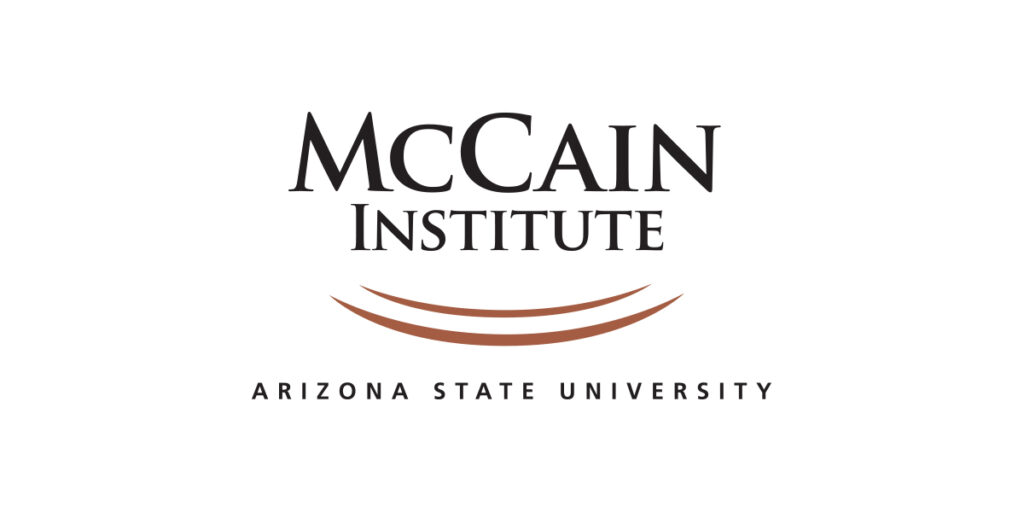McCain Institute Report: Part of Georgian NGOs demand suspension of visa-free travel with EU
The report of the McCain Institute, a Washington, D.C.-based nonpartisan think tank, says that one part of the Georgian non-government organizations demand suspension of visa-free travel regime with the EU.
According to the NGOs, this move will demonstrate to the voters the result of the Georgian Dream government’s activities.
McCain Institute Senior Director for Global Democracy Programs Laura Thornton has issued an assessment of Georgia’s October 26 parliamentary elections. This assessment is based on the September 2-8 “Friends of Georgia” mission to Tbilisi organized by the Black Sea Trust (BST) of the German Marshall Fund (GMF) and the Rondeli Foundation.
It lays out several scenarios that could unfold and recommends what steps the West – the U.S. and the EU – should take before and after the elections.
The paper stresses that the U.S. and EU should take steps ahead of the elections “to signal to the GD government concern about anti-democratic actions taken, including implementation of the Foreign Agents Law.”
The options ahead of the elections are:
The EU can impose travel bans on GD leaders who voted for the Foreign Agents Law; [See the list here]
The U.S. Congress should move forward with legislation to demonstrate accountability to the GD government that claims the U.S. is bluffing;
The U.S. should consider personal and financial sanctions against select GD leaders, including Bidzina Ivanishvili;
The EU could consider a pause in visa-free travel for Georgians. (As some NGOs argued, this step would demonstrate in real terms to voters the consequences of the GD government’s actions);
The U.S. and EU aid agencies should assist Georgian civil society in non-compliance with the Foreign Agents Law, including covering the costs of potential fines and legal fees;
Financial support for independent media, especially regional outlets, should be increased;
The U.S. and EU leaders should publicly express serious doubts about the legitimacy of any electoral process with obstructed impartial observation and failed electoral reform.
The report also comprises recommendations for the post-elections period. It says that “the international community must stand behind the findings from trusted domestic and international observers about the integrity of the elections.”

